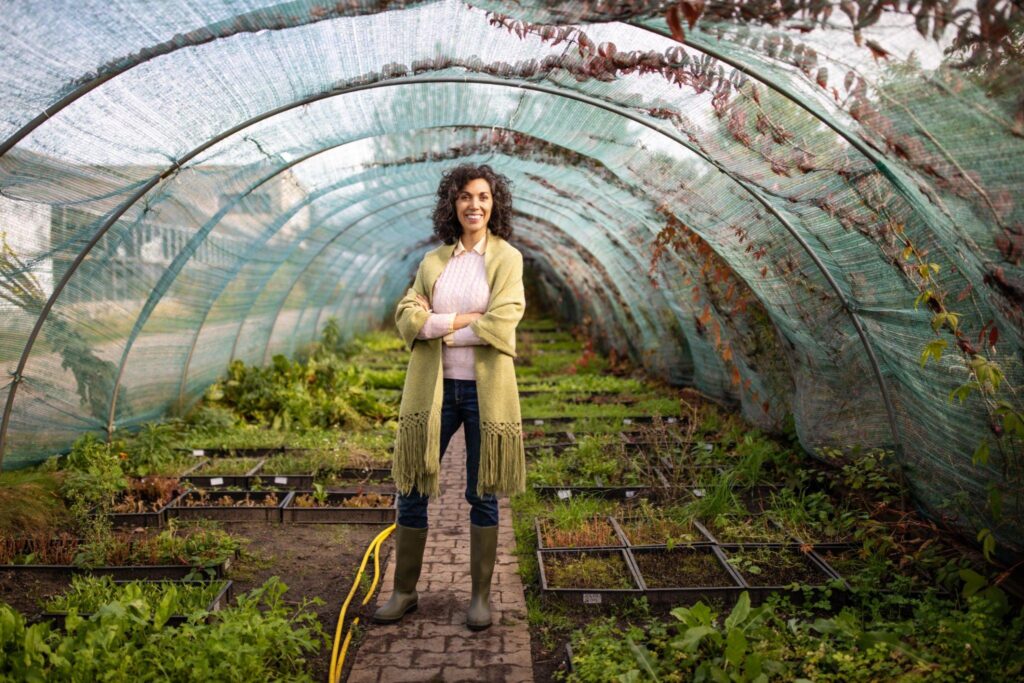The agricultural industry has come a long way since the days of manual labor and traditional farming techniques. Today, technology has revolutionized the way we approach agriculture, with new advancements making it easier for farmers to optimize their yields, improve efficiency, and reduce costs. In this article, we’ll explore the role of technology in modern agriculture and how it is changing the industry.
Precision Farming
One of the most significant technological advancements in agriculture is precision farming. With precision farming, farmers can use sensors, GPS mapping, and other technology to monitor crop health, track weather patterns, and make data-driven decisions. This approach allows farmers to optimize their use of resources, such as water, fertilizer, and pesticides, reducing waste and improving efficiency.
For example, using GPS mapping, farmers can identify areas of their fields that require more or less irrigation, or where soil conditions may not be optimal for certain crops. This information can help them adjust their irrigation and fertilizer applications accordingly, improving crop health and reducing the risk of nutrient leaching and runoff.
Automation
Automation has also played a significant role in modern agriculture, with farmers using robots and drones to perform tasks such as planting, harvesting, and crop monitoring. These tools can help farmers increase efficiency, reduce labor costs, and optimize the use of resources.
Drones, for example, can be used to survey large fields quickly and accurately, identifying areas that need attention, such as signs of disease or pest infestations. With this information, farmers can take targeted action, reducing the need for broad-spectrum pesticide applications and minimizing the impact on the environment.
Data Analytics
Data analytics is another area where technology is transforming agriculture. Farmers can collect vast amounts of data, from weather patterns and soil conditions to crop yields and financial performance. By analyzing this data, they can identify trends and make data-driven decisions about everything from planting schedules to pricing strategies.
Using data analytics, farmers can optimize their operations, reduce costs, and improve profitability. They can identify which crops are performing best, which fields require additional attention, and which factors are driving their success.
Read our article about What is Genetic Modification or Genetic Engineering in Agriculture
Conclusion
The role of technology in modern agriculture is technology is transforming the agricultural industry, providing farmers with the tools they need to optimize their operations and improve efficiency. From precision farming to automation and data analytics, the role of technology in agriculture is only going to become more significant in the years to come. By embracing these technological advancements, farmers can improve crop health, reduce costs, and achieve greater profitability, all while minimizing the impact on the environment.


